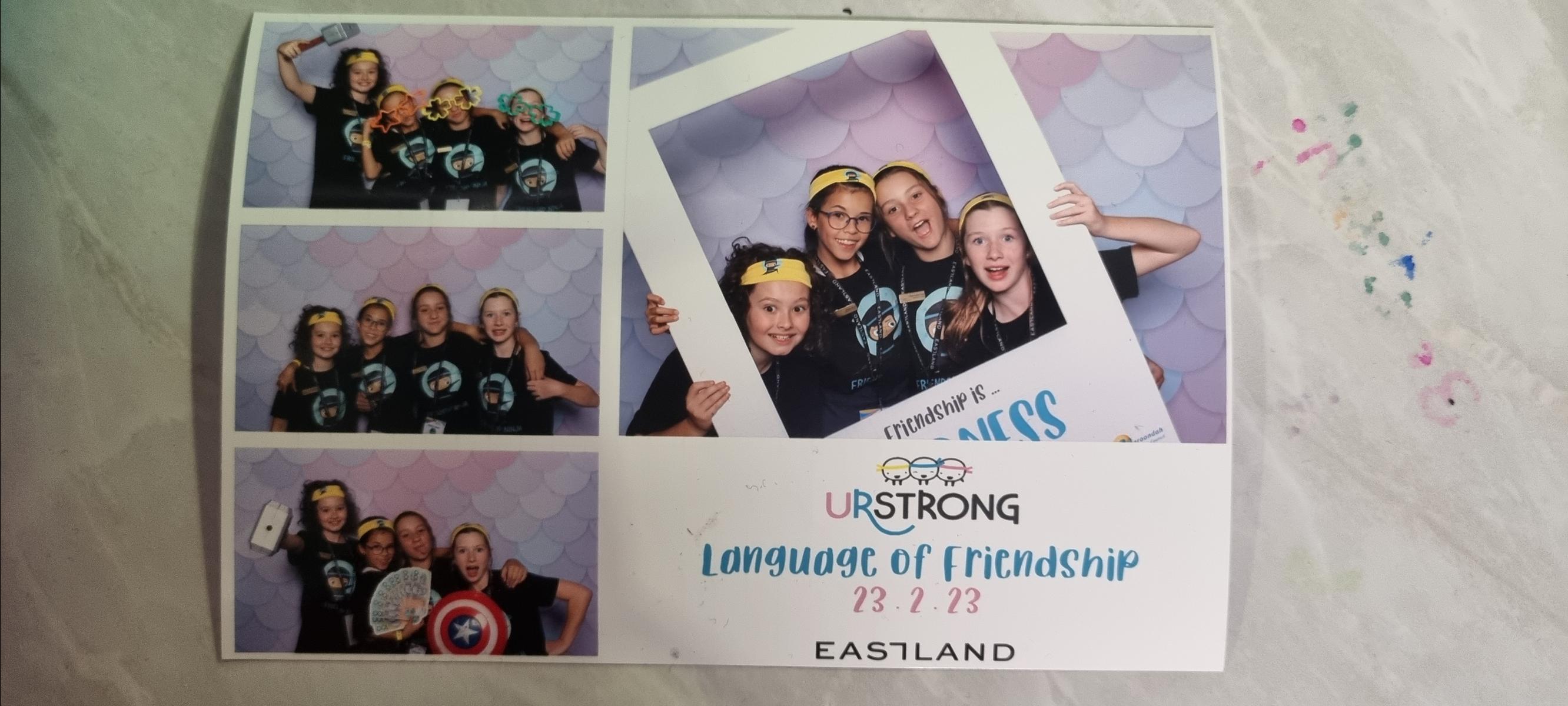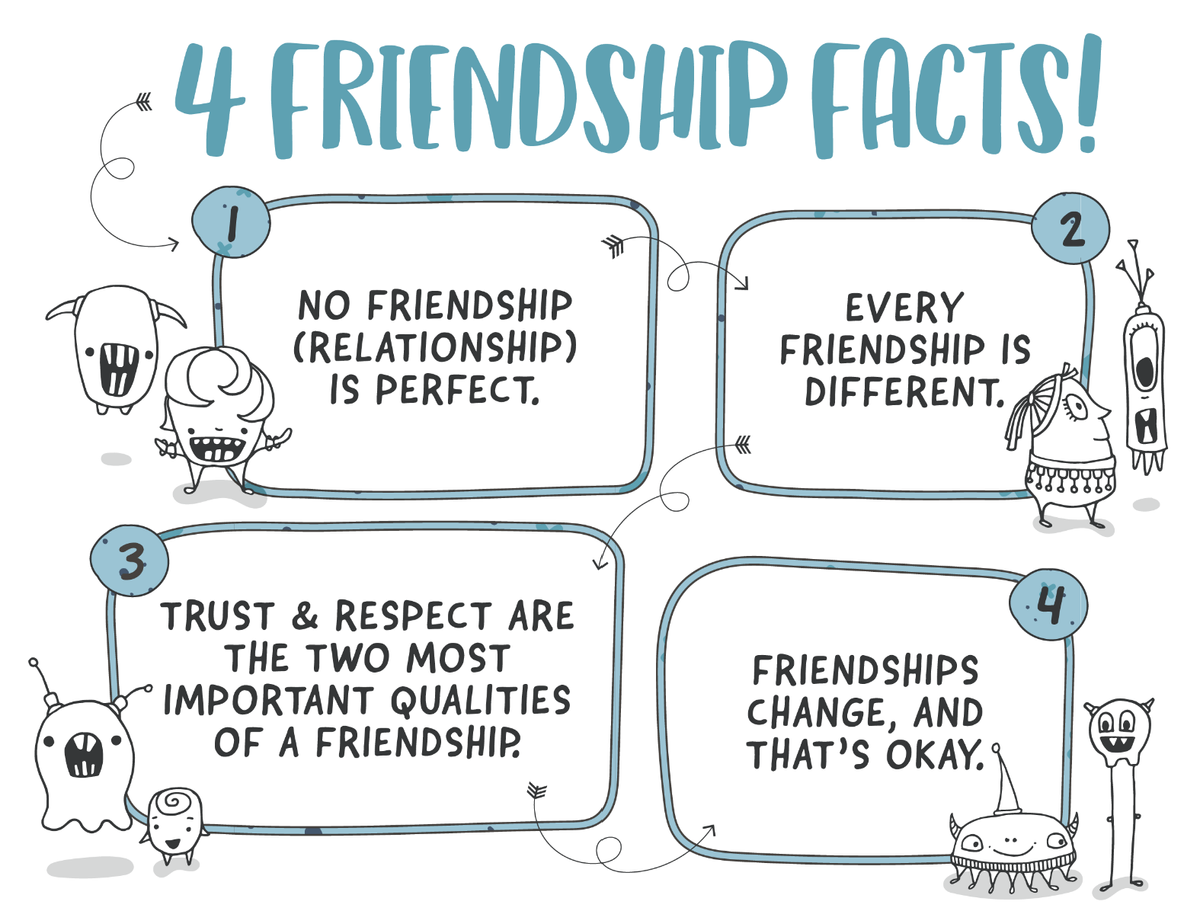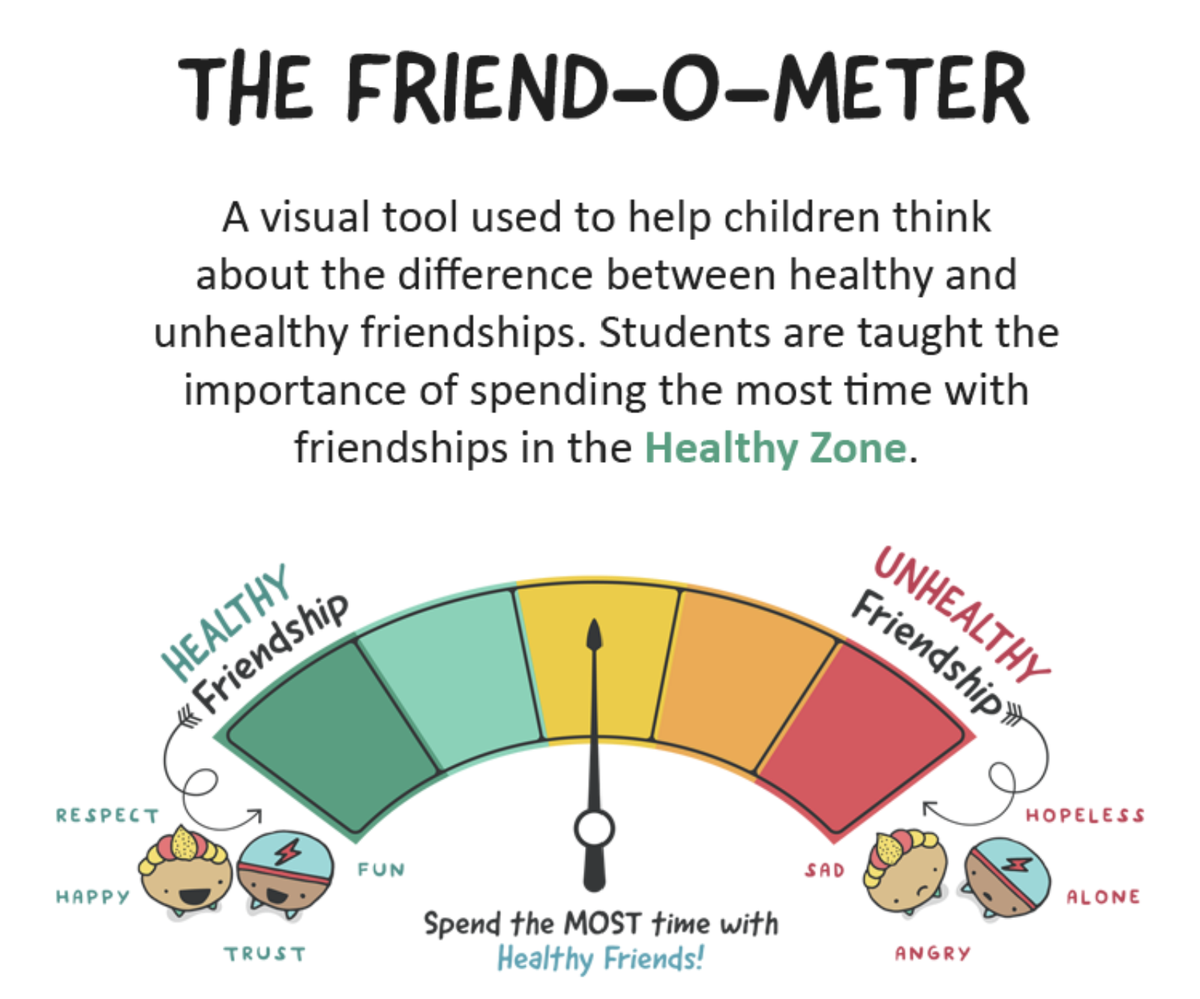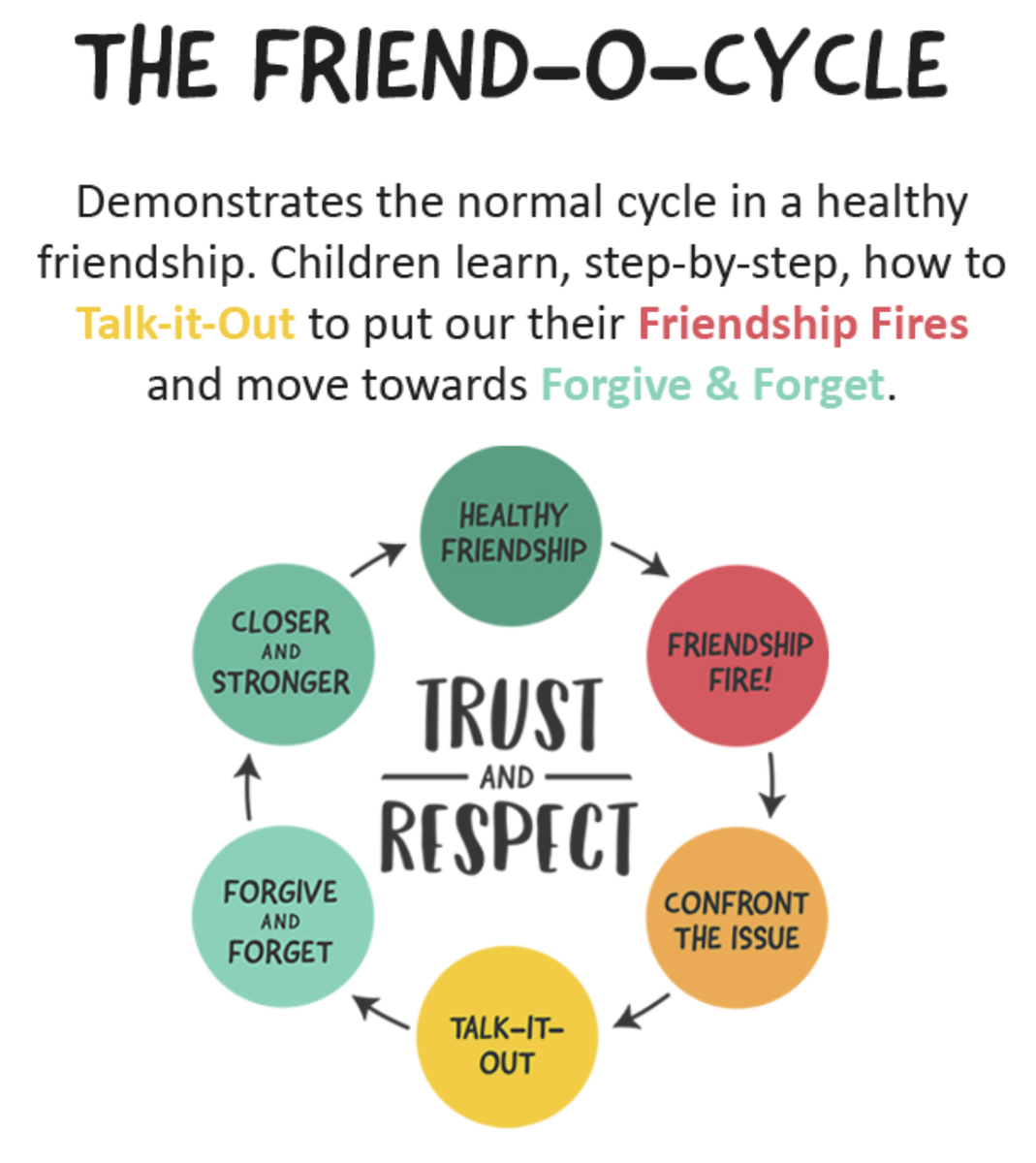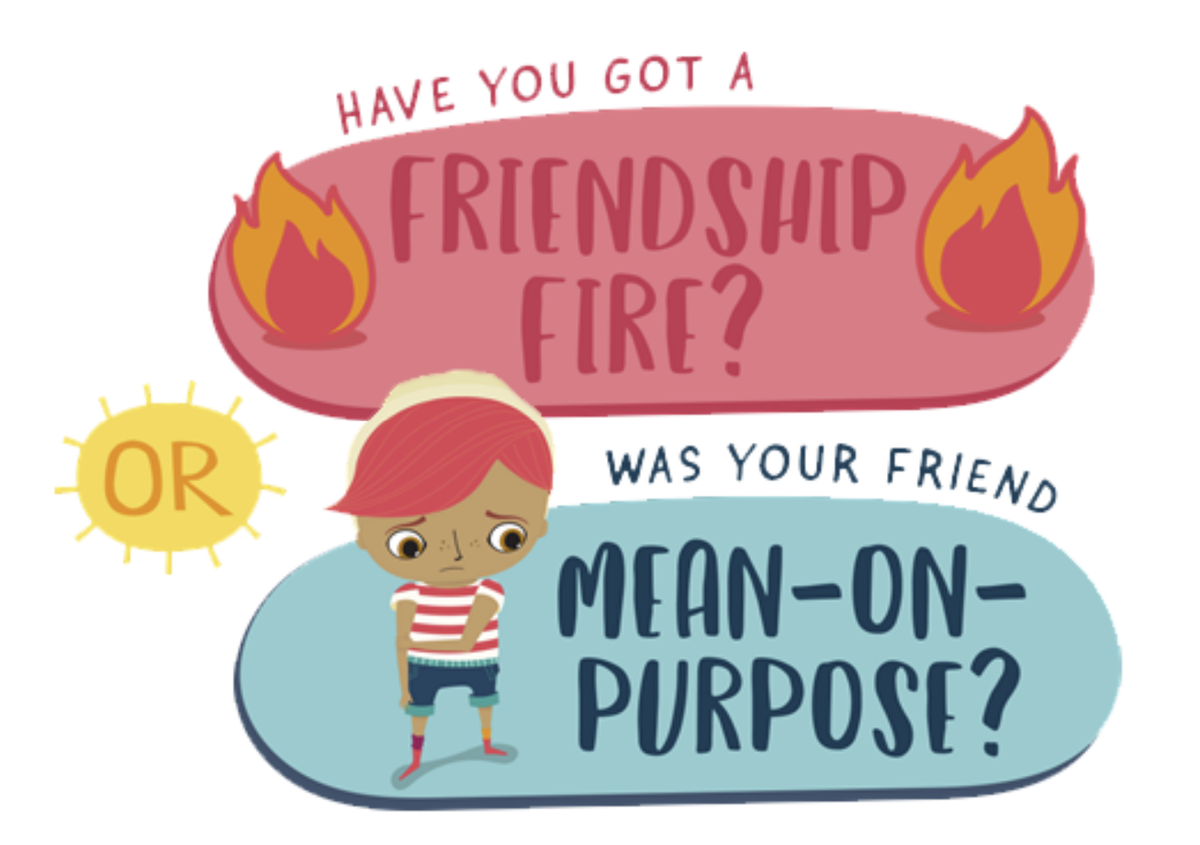Principal Report
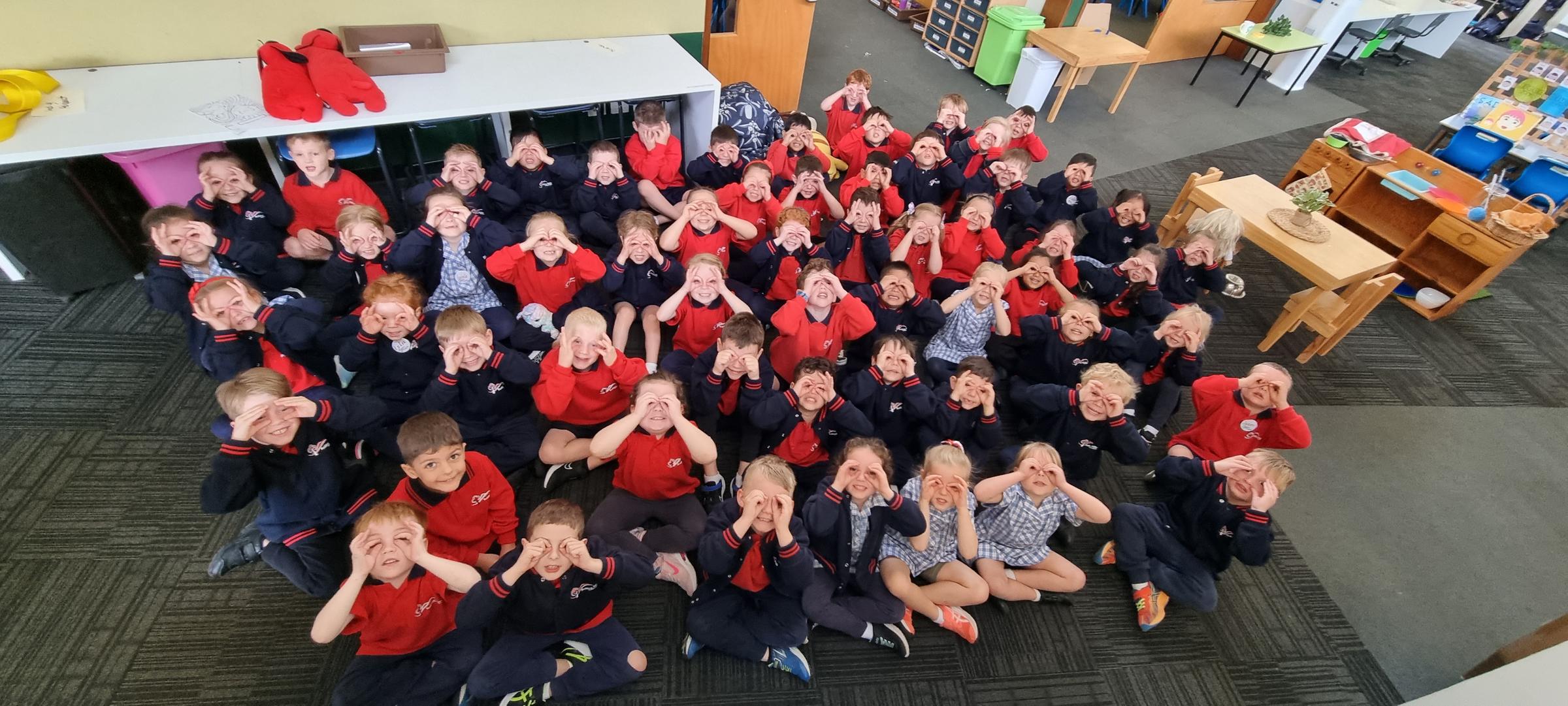
Friendships
Last week I had the pleasure of accompanying the four school captains, Lachlan, Amber, Elinor and Chloe to the Friendship Carnival at Eastlands. A big event that attracted 500 people. The students represented the school and organised a badge making stand that proved quite the hit with the children who attended. Twice they ran out. Twice they thought outside the box to continue making badges. Great resilience to do their personal best for others.
Of course, the children were great. I feel like all of our kids are great. It would have been an honour to take any of our kids along. These four have worked hard over seven years to earn a spot as school leaders. It was great to spend time away from school with them and see them thrive in a different environment. The pride was all over the parents faces on the night.
Across our school I try to remember that we are working with kids. Yes, they are moving towards being young adults, but they do and will make mistakes, and that is okay. The big message on the night was about how you grow friendships and learn from the mistakes we make along the way. Something that even as an adult I am sure you will agree it is a tough skill to master. Mistakes will be made along the way by all of kids, especially when it comes friendships.
We have embraced UR Strong and their Friendology approach in our school. The research shows that if you build strong friendships then it is less likely that the 'B' word will be used when friendships go wrong.
Bullying. You don't bully a friend, right?
Well, that's what we hope, but the reality is that this goal may never be achieved. Bullying is a complex issue and is one that we all have a connection with from our own days at school. It fires us all up when we hear someone we love and care about is in trouble. The reality is that most of the time the issue is friendship based, and with enough care and conversation it can usually be solved.
The great thing about Friendology is it gives the children the language and skills to be able to understand they have a friendship issue, that they can talk it through, and they can work together to find a solution that restores the friendship. The night was about introducing 500 additional people (some young, some old) to the language of Friendology. The great news is that it is not complex, the language is pretty simple.
Now I am not dismissing bullying, the opposite actually, we need to acknowledge that we are never going to end bullying. It’s a perfectly expected mistake that any young person can make. We all, especially kids, can be vulnerable to the intoxicating lure of feeling powerful at the expense of others.
Not being able to end bullying is not a reason to accept it or shy away from new, unfamiliar or unpopular ways to do better. Out it the wide world, in person and online, there are kid's lives at stake, which makes approaches like teaching friendships, restorative practices, promoting kindness and sharing gratitude the right way to work on solving our issues.
We won't eliminate all forms of bullying, but in our school, we can work on harm minimisation, through our shared endeavour and time-effective responses. Working together promoting cultures that make bullying hard, and reduce harm when it occurs to our friends.
From my time in schools, I can share what does not work but is sometimes promoted by parents and carers.
- Applying a label like ‘bully’ to any kid so that you can make them an enemy to be defeated … and you can expect them to live up to that label.
- Asking children to stand up to bullys. Allowing our offence, frustration or outrage to provide the response, adds to the underlying issues.
- Raising awareness of bullying provides a language for labels to be added to issues that could be friendship based. Labels are hard to shake off.
When bullying does occur our kids, especially those perpetrating and experiencing bullying, don’t need us to share their heightened emotional state when it comes to bullying, they needs us to be calm to be helpful. They need realistic adults who are determined to stick with what works when it’s hardest. We need to be that adult in the room/school.
As adults we have seen it for years. It’s time to act and change.
Can we do better as adults?
Can we be kinder to our children, family, friends, work colleagues or people we don't know online?
From what I see around me in life I am not so sure, but I do hope so.
I know one thing we can do is ask the simple question below before we jump to the 'B' word in the future. We might not solve real bullying, but we might fix a friendship. In doing so we can teach the next generation to be better friends....and maybe solve some of our own friendship fires along the way.
Best wishes,
Craig

